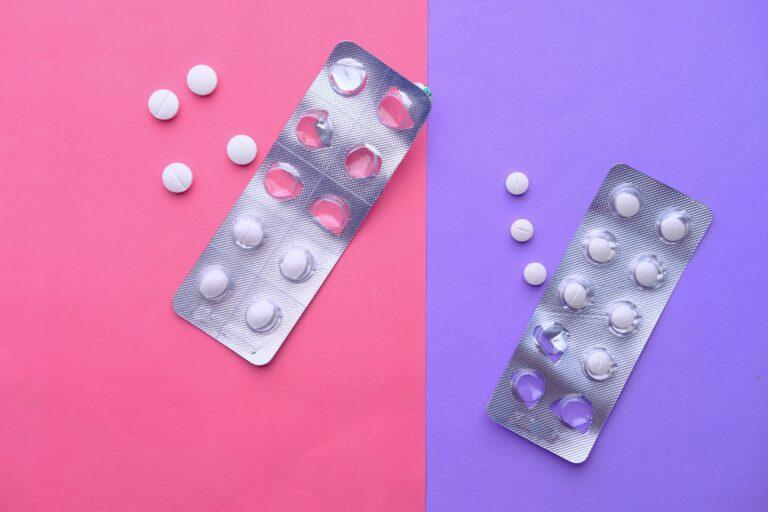Sleep and good health

A good night’s sleep is the bedrock of good health. Getting at least seven hours per night or more, consistently, is very important. Poor sleep exacerbates illnesses including hypertension, diabetes and other chronic illnesses. It puts you at risk for cancer, and/or an early death. Poor sleep also changes your mood and personality and increases your risk for depression and other mental disorders. If you suffer from a mental disorder, poor sleep will worsen your condition. Sleep deprivation increases cognitive deficits and suboptimal decision-making, and stress and anxiety. Driving a motor vehicle sleep derived is like driving intoxicated. We speak regularly of the benefits of sleep to good health but many of us do not get sufficient sleep. Although napping in the day is useful when you do not get sufficient sleep at nights, it is always best to strive for a good night’s rest. Sleep repairs and rejuvenates the body and helps to create memories.
Sleep hygiene
Practising good sleep hygiene or sleep habits is very important. It is best to go to sleep at the same time every night. Develop a routine before bed. Dim your light 30 to 40 minutes before bedtime because the reduced lighting increases melatonin which makes you sleepy. Showering before bed also helps because it relaxes you. Avoid exercising, eating and consuming beverages with caffeine and chocolate, and a lot of fluids or water just before bed. Exercise and eating near bed time delay sleep onset, and caffeine is a stimulant that keeps you awake. Consuming a lot of water before bed will cause fragmented sleep since you will wake up several times in the night to urinate. You should also avoid napping during the days because it reduces the sleep deficit and you will be less likely to fall asleep at your regular time. If you have to nap during the days, try and do so before 11:00 am. Regulate the temperature in your room as best as you can because you sleep best in cooler temperatures. Also, you should block out the lights that shine through your bedroom windows at nights. You sleep best in the dark because it increases the melatonin hormone. Regulate the sounds in your environment as best as you can. If you can’t regulate and control these sounds, you should sleep with ear plugs. Make sure the bedding you are using, in particular the mattress is comfortable. You know if you have had a good night’s sleep if the next day you feel rested and you do not feel sleepy and/or keep falling asleep throughout the day.

Sleep disorders
There are many sleep disorders and a few of the more common ones are insomnia, hypopnea, obstructive sleep apnea, and restless legs syndrome. You should consult your physician for treatment and care if you think you have a sleep disorder. The most common sleep disorder is insomnia. If your insomnia is not the result of a medical condition, then you have learnt how not to sleep. You can work with a specialist in behavioural sleep medicine or a sleep psychologist to identity the bad habits or poor sleep hygiene and work with this professional to correct these behaviours and improve the quality of your sleep over time.
Treating insomnia
Your doctor will prescribe medication to treat your insomnia. There are also behavioural interventions if your insomnia is caused by your learning how not to sleep which causes chronic insomnia or because of stress which causes short term insomnia. I will share some basic tips that you can follow. However, it is always best to seek and follow professional guidance, treatment and care.
The first thing is that you should practice good sleep hygiene by learning the good sleep habits mentioned earlier. Important, too, is ensuring that you do not associate your bed with wakefulness. Therefore, the only things you should do in bed is sleep and sex, and for the latter, prominent sex therapist Dr Karen Carpenter says it is boring when done in bed. You should not read books in bed, watch television in bed, so the television should be removed from your bedroom. Also, you should not talk on the phone or eat in your bed, these activities will make you associate your bed with wakefulness. If you only sleep in your bed, then as soon as you go into your bed you will feel sleepy and are more likely to experience good sleep.
Stress that causes short term insomnia can be reduced through daily exercise, prioritizing tasks, delegating some tasks to subordinates, getting social support, performing daily relaxation techniques, drawing on your faith, practising solution focussed coping and only focusing on what you can control. These stress reduction techniques, combined with improved sleep hygiene (and psychotherapy if necessary), will help with recovery from short term insomnia. With regard to long term insomnia (chronic insomnia) there is sleep onset insomnia which is difficulty falling asleep; sleep maintenance insomnia which is inability to stay asleep; early morning awakening insomnia which is waking up early in the morning before you want to.
In terms of sleep onset insomnia you know what time you tend to feel sleepy, so you should go to bed at that time, and increasingly add five minutes each day to the time you fall asleep until you reach the desired hour you want to fall asleep. This will take weeks or months to achieve with the addition of several more hours to your sleep time, but it is worth it. For sleep maintenance and early morning awakening insomnia, you should get up and leave the bed and lie on the couch in the living room. You should lie there quietly in the darkness without using your smart phone, computer or watching television. When you feel sleepy, you should return to bed. If you do not fall asleep within 15 minutes, you should revert to the couch and continue the strategy (as long as you need to) until you fall asleep in bed within 15 minutes of your return. This strategy requires patience, and consistency in following the guidelines for several weeks to several months.
All these behavioural strategies are useful, but you should always consult your doctor and/or sleep psychologist for the treatment and care of insomnia and other sleep disorders.
Christopher A.D. Charles, Ph.D. is a psychologist and professor at the University of the West Indies (UWI), Mona, and a senior research fellow at the Caribbean Institute of Mental Health and Substance Abuse (CARIMENSA), UWI, Mona.






